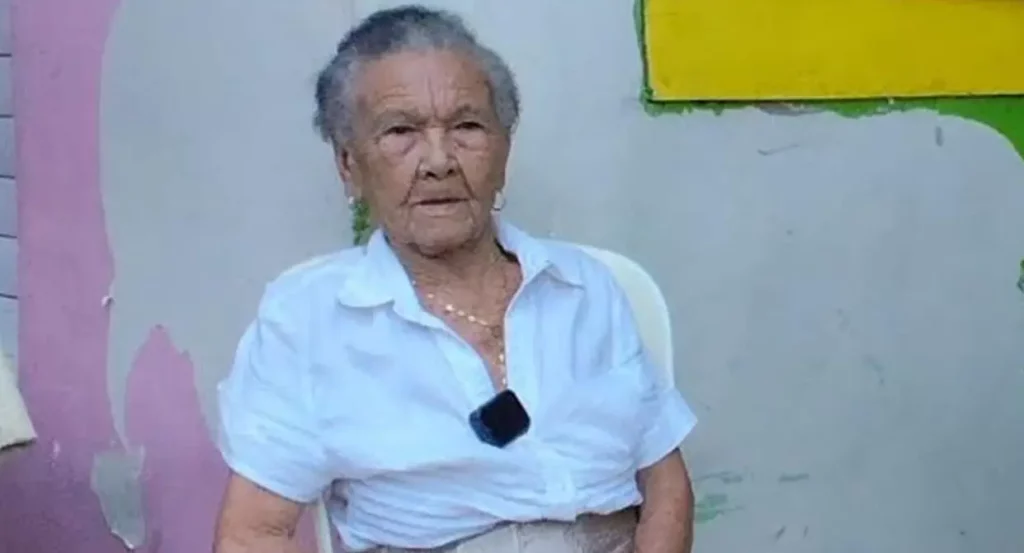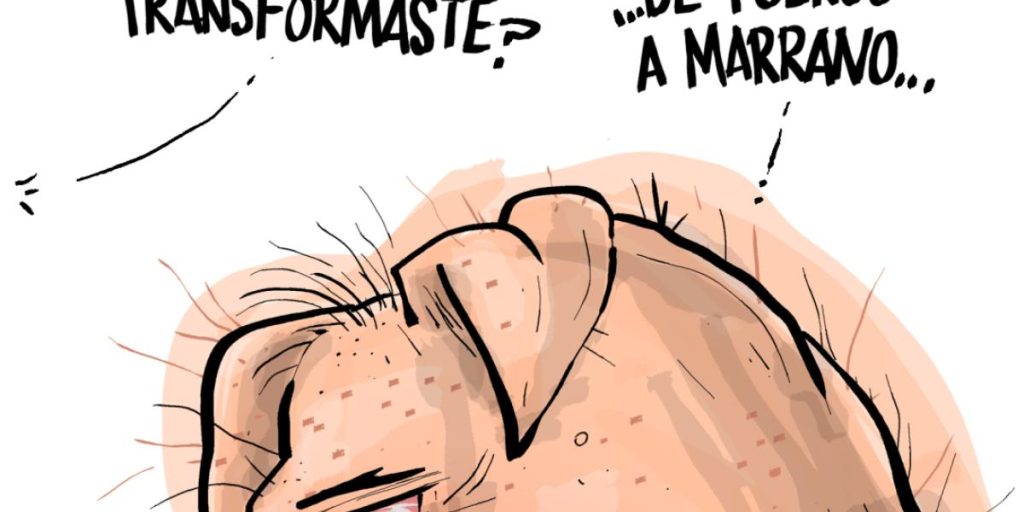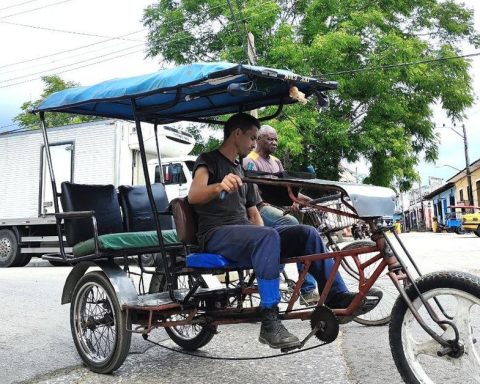Petroperú has 12 worker unions, according to an internal presentation recently made by the head of the company, Alejandro Narváez, to which this newspaper had access. These unions would have enough strength and power to influence various decisions of the state oil company.
For example, they would have the freedom to pressure and try to remove the president of the board. In addition, they give approval to the workers’ representative on the board of directors. And, by having a worker at the highest level of government of Petroperú, they have access to all the company’s information as well as a vote in decision-making.
They also negotiate the statements of claims, they can paralyze actions within the oil company, and oppose a restructuring plan that includes, for example, the reduction of personnel.
Pictures shown in a recent presentation by the head of Petroperú.
In this regard, Perú21 spoke with the former president of Petroperú, Carlos Paredes, and with the hydrocarbons expert and columnist of this newspaper, Anthony Laub.
“Unions are an instrument of positive social progress. Unfortunately, many times, the union leadership turns its back on its rank and file and acts inappropriately. Yes (they politicize it) and it becomes an instrument of personal advancement and taking power. Not all unions have the same weight. But, I think they have not lived up to the enormous challenge that Petroperú had, which was to become (the oil company) more efficient, stronger and transparent. In practice, yes (the worker representative, on the board, has to have the green light from the unions),” explained Paredes.
For his part, Laub criticized that the union has a representative on the board of directors. “It seems to me that it is an absolutely interventionist and statist backwardness. That you are a member of the union, why would it have to guarantee that you are a member of the board of directors? People who are trained come to the board, not because you are a union member you have to be on the board of a company,” he indicated.
GOLLERÍAS AND SALARIES
Perú21 has had access to the salaries received by the company’s staff (exhibited in the Narváez exhibition), according to their category (general manager, corporate manager, department manager, leadership, supervisor and employee). Of the 2,270, 2,160 are unionized workers. For all of them, the oil company pays more than S/388 million per year, including special bonuses.
Petroperú workers receive 16 salaries a year. The salary received by the 1,066 employees is S/8,775, on average, each.
The 961 supervisors have an average salary of S/11,822; the 207 area heads, S/14,717; the 28 department managers, S/19,482; the seven corporate managers, S/25,559; and the general manager, S/26,607.
One of the benefits that workers have is a schooling bonus that is paid until an employee’s child is 28 years old.
For Laub, one of the problems with Petroperú being poorly managed is that there is an overpopulation of workers. For him, only half of the sheet should stay. “If you have a workforce overpopulation in the company, and it is overpaid with respect to the functions and roles they perform, there is the issue to resolve,” he concluded.
Perú21 contacted Petroperú’s communications area to request the company’s version, but as of press time there was no response.
Narváez and Vera to Congress
They will explain the restructuring plan.
The president and general manager of Petroperú, Alejandro Narváez and Óscar Vera, respectively, will be invited to the Energy and Mines Commission of Congress, between the third and last week of January, to explain the reality of the state oil company.
Although the agenda is extensive, they will have to inform legislators – as Peru21 learned – if the audit of the company has already been carried out, and if it shows blue numbers and profits, or if, rather, the crisis has worsened. . In this last scenario, they must detail whether they have a restructuring plan, like the one presented by the previous board of directors.
“Petroperú must be declared in crisis. A private person must be brought in to revive the company. We must break the bleeding, which means that it is managed by the State and by incompetents,” Anthony Laub recommended.
I KNEW THAT
-“The union put pressure on my departure, and they gave the green light for a worker to be part of the board,” said the former president of Petroperú, Carlos Paredes.
Now available in Yape! Find us at YAPE Promos.


















